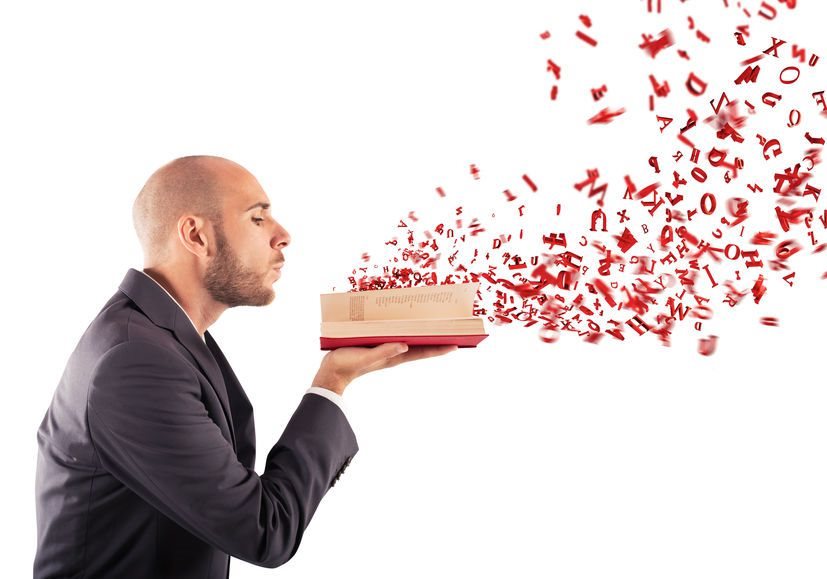The Copyright Amendment Bill, which is currently being developed, needs to balance the interests of multiple stakeholders. If the bill favours certain parties, it will not serve the entire copyright ecosystem fairly, and there will inevitably be winners and losers.
In 280 BC and 279 BC, King Pyrrhus of Epirus was victorious in two battles against the Romans during the Pyrrhic War. In these battles, his army suffered irreplaceable casualties. It is reported that after these victories he was quoted as saying, “If we are victorious in one more battle with the Romans, we shall be utterly ruined.”
This brings to mind the many stakeholders of the Copyright Amendment Bill (the Bill) who, irrespective of their narrow partisan interests in particular provisions of the Bill, are best served by a balanced and well-written law.
What makes the crafting of copyright legislation particularly demanding in South Africa is the idea of a ‘developmental state’ and the need for a sophisticated understanding of each work’s industry. For instance, one of the many types of works covered under the label of ‘literary work’ are textbooks. Authors have different interests from publishers in textbooks that are published. Users of the books (students, libraries and teachers etc) may also have divergent interests in being able access and copy the content of these books. This is further complicated by technology companies who might be able to copy and distribute copies of books, far more efficiently than a student would.
Exceptions
Copyright exceptions, which are rules for when a person may copy or adapt a work without the owner’s permission, are the tools available to legislators to balance the interest of the book-reading public while incentivising, rather than punishing, the authors and publishers for investing time and effort in creating those works. This is particularly important for the development of local scientific research and promoting the use of South African languages. Similarly complex considerations are relevant for musical works, artistic works, computer programs and several other types of works that the copyright laws apply to. Each work and each industry exist within a nuanced set of circumstances, which must be accounted for when a country’s copyright laws are developed.
Considering the importance of an updated copyright law, it is obviously of concern to many that the Bill has been a work in progress for over five years. The development of the Bill may even be said, as is often stated by the Department of Trade, Industry and Competition (dtic) to have begun in 2010 with the report of the Copyright Review Commission.
In the time since the process began, it has morphed into four different iterations, has been subjected to a vigorous and somewhat contentious public comment process, and was referred to Parliament by President Cyril Ramaphosa for reconsideration, on 16 September 2020.
The aforementioned referral-back by the President, raised a number of reservations with respect to the second version of the Bill including: its incorrect tagging, the impermissible delegation of legislative power to the Minister, international treaty implications, copyright exceptions and the retrospective and arbitrary depravation of property.
Fair use
Although the issues vary in degrees of contentiousness depending on the interest of the stakeholders involved, it is widely accepted that the copyright exceptions to the author’s exclusive rights to their work – in particular the insertion of the American-derived ‘fair-use’ exception – represents the apple of discord where most, if not all, of these issues seemingly intersect.
In the most reductive terms, whereas the existing ‘fair-dealing’ exception contains an exhaustive list of permissible acts that would normally amount to infringement by a user of a copyright-protected work, the proposed amendment would afford the courts the authority to decide if each alleged act of infringement amounts to use that is ‘fair’, depending on a three-step process developed in American courts over the last few decades. The chief criticism of this legal transplant is the uncertainty it will create in that neither the owner nor the potential infringer will know which acts will amount to infringement and which will be considered fair use.
This exception is in addition to a slew of other new exceptions introduced in relation to specific types of works, and in favour of particular users such as blind persons and persons with visual disabilities.
In its review of the of Bill after the President’s referral-back, which reasonably may have required a legal opinion on the constitutionality and treaty compliance obligations, the Portfolio Committee and the dtic nevertheless elected to proceed with dealing with the Bill primarily based on further stakeholder submissions. The result of the review was that 48 substantive changes were made to the second version of the bill, while largely retaining the most contentious provisions relating to copyright exceptions and to the retrospective effect of some proposed provisions. The fourth version of the Bill was subsequently passed by the National Assembly on 1 September 2022 after its winter recess.
Tania Broughton 22 Sep 2022 Evidently, from the date of the referral-back by the President to when the Bill was passed, a period of two years had already lapsed. This resulted in a further complication to the development of the law, with a constitutional challenge brought against the Minister in relation to the delay in passing certain provisions by Blind SA, an advocacy body representing persons who are blind or who are living with visual impairments.
'Unconstitutional and invalid'
A matter of weeks after the National Assembly passed the Bill, the Constitutional Court on 21 September 2022 confirmed an earlier declaration by the High Court in the Blind SA matter that sections 6 and 7, read with section 23 of the Copyright Act 98 of 1978 are unconstitutional, invalid, and inconsistent with the rights of persons with visual and print disabilities to the extent that these provisions limit the access of these people to literary works in accessible format copies.
Nevertheless, to facilitate access to these works, the highest court (in contrast to the court a quo) declined to accept a reading-in of the broadly worded iteration of section 19A as it appeared in the second draft of the Bill. Instead, it put forward a narrowly worded exception closer in substance to the objectives of the Marrakesh Treaty and in line with a proposal by the first amicus in the case, Professor Owen Dean.
The Bill now sits with the National Council of Provinces, which has set out a process which is scheduled to end in the middle of 2023. In the meantime, the Select Committee held workshops 18 and 25 October 2022 on issues relating to the Bill and the Performers’ Protection Bill wherein experts presented conflicting views with respect especially to the exceptions within the Bill. The Committee has also placed on its agenda the judgment of the Constitutional Court in the Blind SA matter for later consideration. Even with the reservations communicated by multiple stakeholders, a cautious and somewhat cynical view is that the Bill will be passed as is with some cosmetic changes.
In summation, it is generally accepted that the exception relating to blind persons is one of the least contentious among the amendments within the Bill. Coupled with the wide-ranging criticism that has been levelled against the retained provisions within the current iteration, relating to copyright exceptions and the retrospective effect of some provisions, the likelihood of repeated and sustained litigation with respect to the impending Act cannot be overlooked. There will be many battles fought and won but, when it comes to a law that is balanced and well-written, mostly it seems these will be Pyrrhic victories.






































